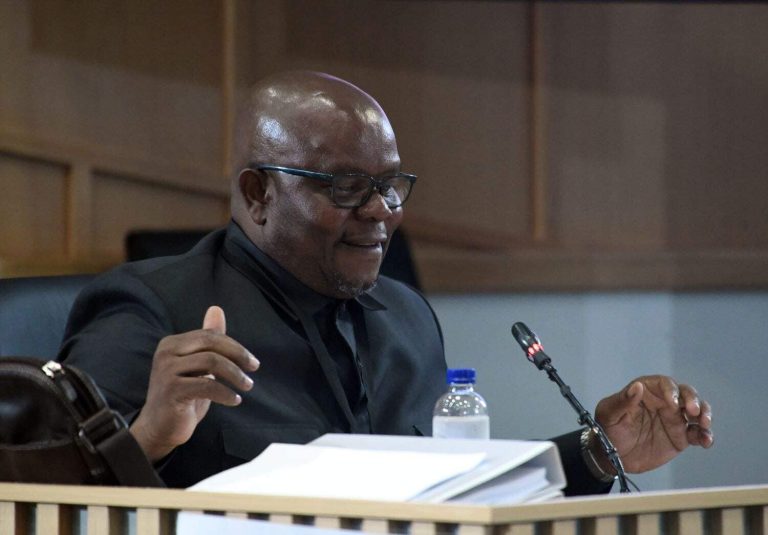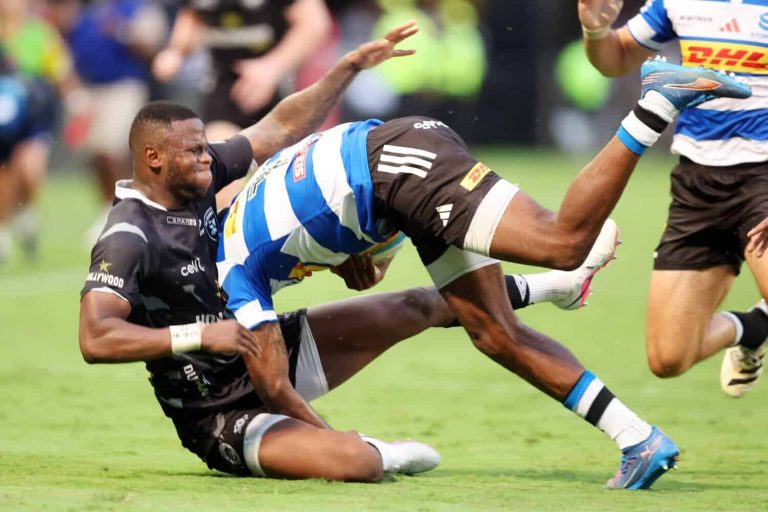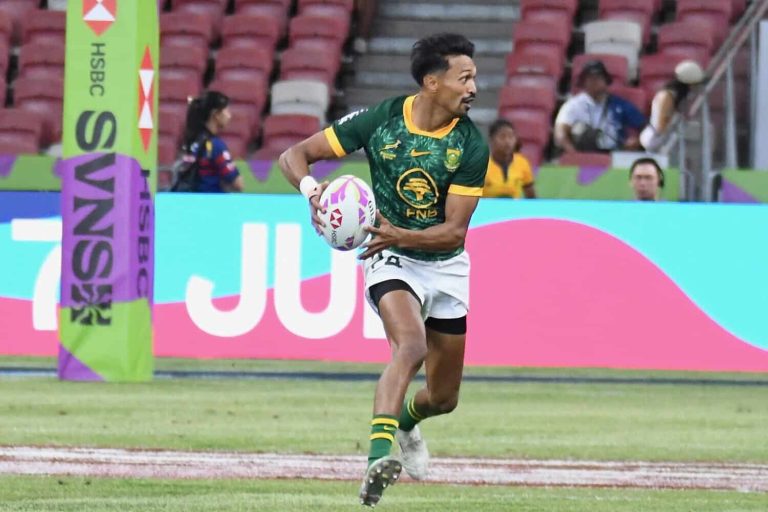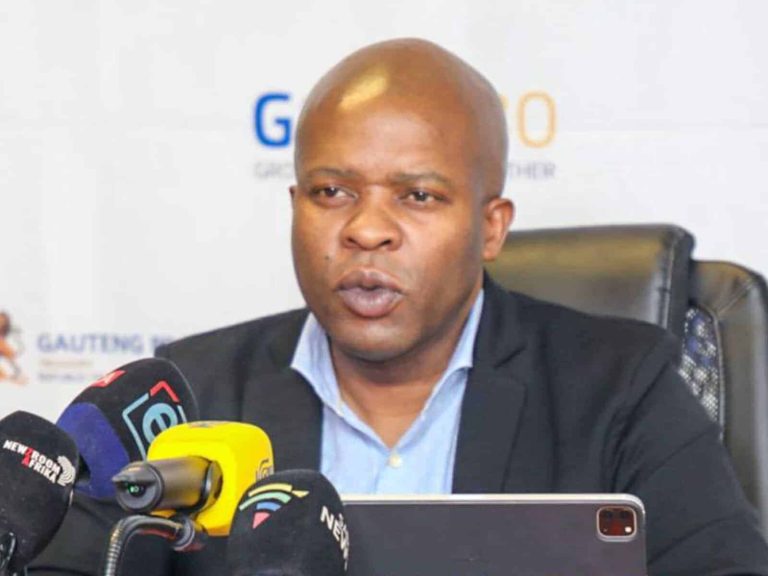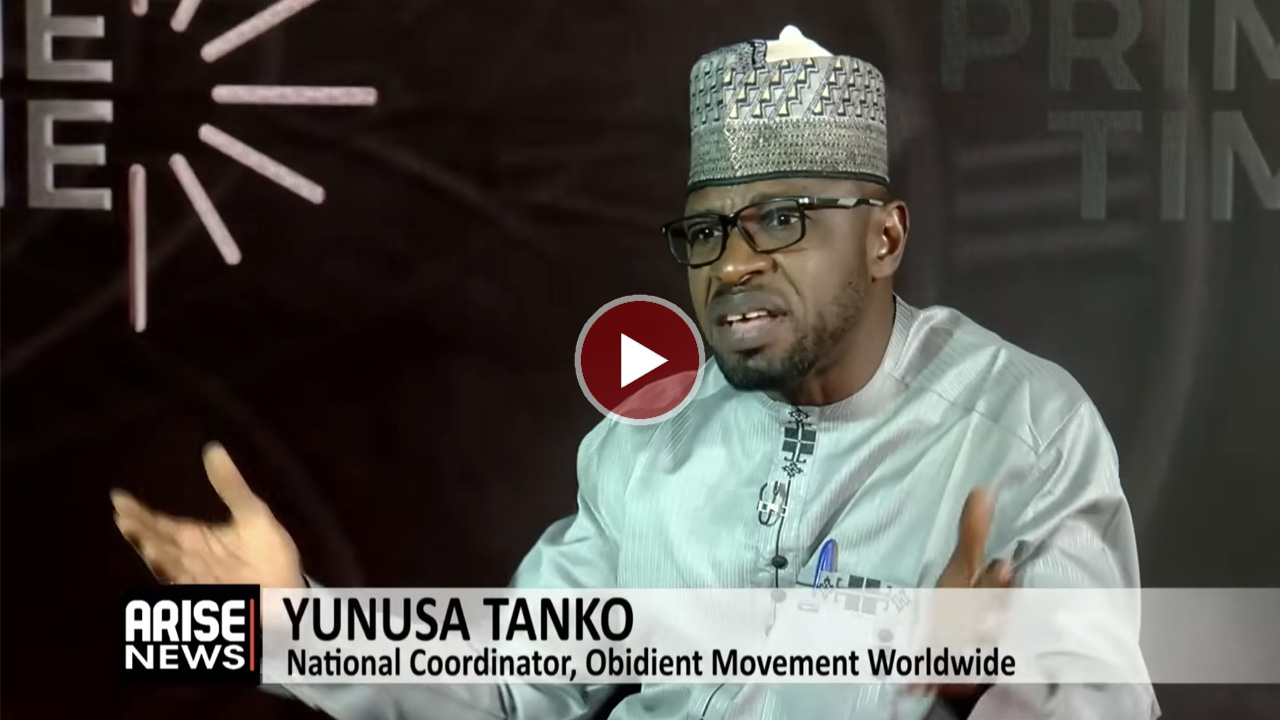

National Coordinator of the Obidient Movement Worldwide, Yunusa Tanko, has dismissed suggestions that Labour Party’s loss in the recent Anambra governorship election indicates a decline in the political influence of its 2023 presidential candidate, Peter Obi, insisting that “Peter Obi was not on the ballot.”
Speaking in an interview with ARISE News on Monday, Tanko said it was wrong to assess Obi’s political relevance based on a contest he was not personally involved in.
“First of all, I watched a lot of interviews this morning, and quite a lot of people were trying to peg the election on Peter Obi. Peter Obi was not on that ballot,” he said. “Yes, he supported George Moghalu, and he gave his support and went to three areas for campaigns, but it was the contest of George Moghalu, on which the people had to decide.”
He explained that the Anambra election was not about Peter Obi but about the candidate who ran under the Labour Party’s platform.
“All of this election hinges on the Anambrarians to decide who becomes their governor. Seventeen years ago, Peter Obi ran an election against the same Mr Soludo and Dr Chris Ngige,” he said. “Put Peter Obi on the ballot today, against such individuals, he will still defeat them.”
Tanko stressed that Obi’s decision to support the Labour Party candidate, despite differences in party leadership, was an act of political honour.
“Even though, as his choice of a candidate, he came from the Aburi leadership, and Peter Obi supported the Nenadi leadership of the Labour Party, despite that, he went ahead to give that support to show his honour for his party,” he explained. “That is what is honourable for any candidate.”
He said Obi’s influence and popularity in Anambra remain intact and that low voter turnout, not rejection, determined the outcome.
“Do you also know the number of registered voters in Anambra is 2 million-plus? And then, at the end of it all, only about five hundred thousand decided to vote. That shows voter apathy and lack of trust in the process,” he stated. “As far as Peter Obi is concerned, the population that came out to vote was far less than when he ran for president.”
Tanko maintained that Obi still commands overwhelming support among the electorate and that the Obidient Movement’s faith in him remains unwavering.
“If Peter Obi was on the ballot, this calculation wouldn’t even have arisen,” he said. “Peter Obi is strongly supported by his people at every point. The dynamics in Anambra’s election are quite different from anywhere else.”
“He was not running for the governorship election. He is a presidential candidate. As long as it’s Peter Obi, it’s one hundred percent. They are not compromising. If you do a survey today in that same Anambra, it will turn out one hundred percent support for him.”
Citing Lagos as an example of Obi’s enduring appeal, Tanko said:
“You could use Lagos as an example of how he got one hundred percent of the votes, and then, at the same time, probably the voting that came to Gbadebo was different. That’s how dynamics play out in elections.”
He blamed some of the Labour Party’s setbacks on opportunistic politicians who rode on Obi’s popularity to win seats in 2023 but later defected.
“Some of them left, and that did not give this particular trust,” he noted. “So for them now, they are trusting that it is the candidate of Peter Obi or nothing.”
Reacting to comments by the APC urging Obi to abandon his 2027 ambition, Tanko accused opponents of trying to monetise and manipulate the process to weaken Obi’s image.
“That was the attempt right from the beginning, when we knew they were going to monetise the process by giving so much money just to demean the candidacy of Mr Peter Obi,” he said. “It’s good that they assume that, because a presidential election is totally different from a governorship election.”
“If Mr Peter Obi was running as a presidential candidate and such a thing happened, then you could hold him liable. But this is a different election. Many will use this opportunity to capitalise on it and demean his candidacy, but I can tell you for sure, because I was there in that election — even in pictures, you will see how people still ran to him.”
Tanko stressed that Obi’s support for the Labour Party candidate was simply an act of party loyalty.
“Why would everything be about Peter Obi? Was he the one running for election? No, he wasn’t,” he said. “But he gave his support to the candidate, which is honourable. I can tell you specifically, whenever Mr Peter Obi declares for election, you will be amazed at the kind of support he will get.”
“It’s not about Peter Obi. George Moghalu ran his race and lost his race, and we congratulate everyone who participated in that election. But the fact remains that Mr Peter Obi is solidly on the ground, and we are behind him one hundred percent, any time, any day.”
On whether the Obidient Movement believes the Anambra election was rigged, Tanko said the process was “heavily monetised” through vote buying and intimidation.
“It was heavily monetised, and that, of course, is vote buying, rigging and intimidation,” he said. “Within the period Mr Peter Obi was in Anambra, he went to about seven places — all of them schools of nursing — and, focusing on his humanitarian gestures, he gave nothing less than almost ₦100 million to different schools.”
He emphasised that Obi chose to invest in people rather than buy votes.
“Instead of carrying money to go and buy votes, he used that money to build Nigeria, not destroy it,” Dr Tanko stated. “The idea of buying votes only gives you bad, incapable and incompetent leaders.”
“We in the Obidient Movement believe strongly that good governance, fairness, equity and justice must come to play. That is the narrative we want to put in place to build a new Nigeria, not this kind of thing that we are seeing.”
Turning to Nigeria’s electoral process, he said the Anambra election revealed deep institutional weaknesses that must be addressed through reform.
“There will be a programme of electoral reform tomorrow, which we intend to attend,” he said. “The idea is about reform and punitive measures for those who give and receive money during elections. The laws exist, but how well have they been implemented?”
“In any democracy, you will not see people buying votes. Democracy is hinged on objectivity and issue-based politics that reflect the will of the people.”
He said electoral corruption has undermined democracy and contributed to insecurity across the country.
“That is why we are battling insecurity in Nigeria, where even the international community doubts our competency in protecting our people. We have leveraged on a forceful process that brings in leaders who have no business with governance.”
On allegations of genocide against Christians in Nigeria raised by US groups, Tanko said the issue reflected the government’s failure to protect its citizens.
“We are all aware that a lot of people are being killed in Nigeria, irrespective of whether they are Christians or Muslims,” he said. “It should be very clear that Nigeria’s government, who are the architects of this killing, should be responsible for it and make corrections to prevent disintegration along religious or tribal lines.”
“Religion is very sentimental to Nigerians. This killing must stop — whether Christians or Muslims — and that is what Mr Peter Obi continues to say. If we have fairness, equity and justice, most of these things wouldn’t be happening.”
“People say America will bomb Nigeria — would the bomb differentiate between Christian and Muslim? No. We must not allow that to happen. The government must take responsibility quickly.”
Tanko also warned that ignoring these issues fuels misinformation and division.
“The problem we have is that people tend to ignore issues as they happen. If we deal with them immediately, they won’t become crises later,” he said. “Killings will take place, no action is taken, and people feel directly attacked on their religion or tribe. The government must act decisively.”
Assessing INEC’s performance in the Anambra election, he commended the Commission’s prompt result uploads but said its inability to curb vote buying and intimidation remains a major flaw.
“We were monitoring the election to support Moghalu and to ensure the Obidient Movement’s activities were in place,” he said. “The results we monitored were almost in sync with INEC’s, and INEC gave results immediately — we must give them credit for that.”
“But they have not been able to deal with the issues of vote buying and intimidation. That’s why we’ve been championing the cause that INEC must be unbundled into three bodies — an Enforcement Commission, an Electoral Commission, and a Delineation Commission.”
“When we unbundle INEC, those responsible for elections will focus on them, while enforcement will deal with malfeasance, and delineation will handle boundaries. This idea must be allowed to flourish to restore belief and trust in the system.”
He added that low turnout in Anambra showed the urgency of restoring public faith in democracy.
“2.9 million people registered, yet only about five hundred thousand voted. That’s too low for deciding a governor. We must build a system that rekindles trust in elections,” he said.
Boluwatife Enome
